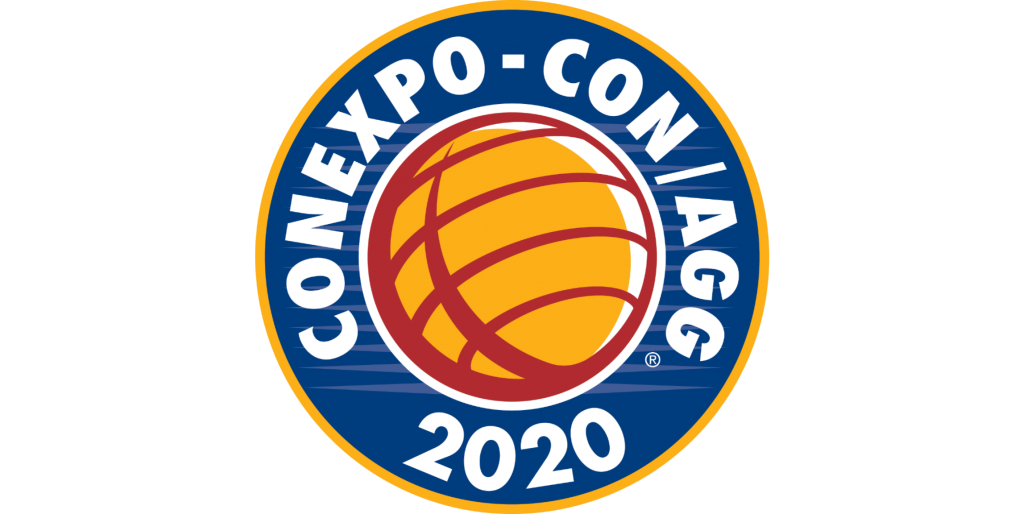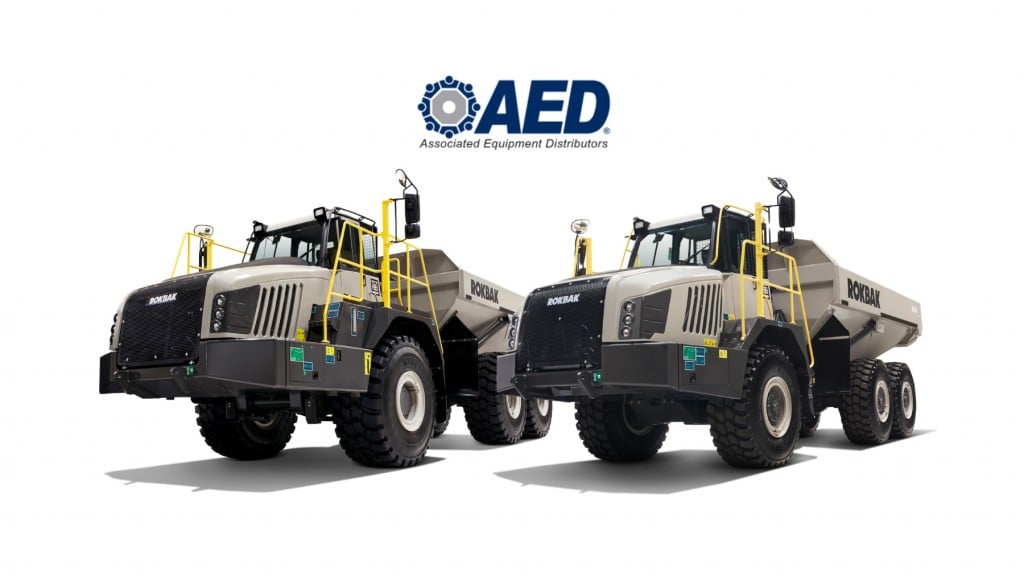
As COVID-19 (coronavirus) brings countless businesses to a grinding halt, the construction industry remains resilient. Unlike many industries where "working from home" and "drive-thru service" are feasible countermeasures, construction firms have jobsites to run.
Skanska is a New York-based construction and development firm with projects throughout the country. The company employs more than 10,000. Skanska has developed a multi-faceted COVID-19 response plan to help keep employees safe and jobsites operational.
14 Elements of a COVID-19 response plan for contractors
1. Understand and follow CDC guidelines
2. Place restrictions on travel
3. Develop screening measures for employees who have recently traveled
4. Instruct employees to stay home if they are feeling sick
5. Place restrictions on in-person meetings and other employee gatherings
6. Encourage employees to work from home if feasible
7. Train all employees on the 6-foot distancing rule, no handshakes, etc.
8. Establish thorough cleaning protocols at offices and jobsites
9. Increase availability of cleaning supplies and handwashing stations at offices and jobsites
10. Donate N95 respirator masks to local hospitals
11. Tell elected officials to put partisan bickering aside in this very critical moment of national crisis
12. Establish dedicated and empowered COVID-19 response teams
13. Stay up to date on both federal and local COVID-19 developments
14. Maintain clear, honest and ongoing communication with employees and subcontractors, and perhaps clients and suppliers
Best practices to help mitigate exposure
Social distancing is a critical component of any COVID-19 response plan. Turner Construction Company, a New York-based firm that employs roughly 10,000, has begun limiting the size of employee gatherings and has already put a stop to large group meetings. Attending events such as conferences has also been suspended. Remote conferencing technology is now being utilized for meetings. On that note, Turner Construction has expanded its network capacity and training tools to accommodate this surge in online network activity.
Sometimes an essential meeting that requires in-person attendance must take place. Turner Construction mandates that these meetings occur in spaces allowing for adequate social distancing. The CDC recommends that people remain roughly 6 feet apart. Additionally, Turner Construction is adapting standard operating procedures to limit the number of employees in an elevator or hoist at a given time.
Harkins, an employee-owned construction company based in Maryland, constantly reminds employees about the 6-foot rule. Additionally, sick employees are sent home immediately. All gatherings such as lunches are forbidden, and all meetings are now conducted remotely via Microsoft Teams.
Monitoring employees who travel has been another point of focus for construction companies.
Skanska issued a ban on all international travel through at least April. Domestic travel has also been greatly limited.
Turner Construction has restricted all business travel to any CDC Level 3 country, which is a country deemed to have widespread transmission. Also, if any employee had traveled to or had close contact with anyone who traveled to one of these countries, that employee is not allowed onto a Turner jobsite or office for 14 days from the date of contact. Taking it a step further, any employee who exhibits any of the common COVID-19 symptoms is instructed to stay away from Turner jobsites and facilities. Symptoms include fever, cough and restricted breathing.
Promote good hygiene
Hygiene has also been at the top of the list for Turner Construction. All jobsites are required to provide access to handwashing stations. Additionally, staff has been trained to clean and disinfect frequently touched objects such as lunch tables, coffee machines and door knobs.
Harkins has instituted a long list of jobsite protocols to help improve awareness. For example, CDC and OSHA guidelines are now posted in all conspicuous locations on jobsites. Furthermore, jobsite leaders are trained to closely monitor employee behavior to ensure that the guidelines are being followed.
Harkins has also taken steps to step up jobsite cleaning. Trailers are now cleaned daily. Furthermore, a commercial cleaning service is brought in to clean and disinfect certain areas of a jobsite if COVID-19 exposure is suspected to have taken place. Harkins has also increased the volume of hand sanitizing products deployed to jobsites.
Establish dedicated teams
Skanska has established a Coordination Response Team in each market it serves. Teams are tasked with monitoring COVID-19 developments, sharing information with employees and business partners, and implementing protocols.
Turner Construction has also established a dedicated COVID-19 Action Team. Efforts to support employees are an essential part of this team's focus. Support is a key element that can get overshadowed in the midst of everything that is going on. This crisis has been taking a tremendous toll on many. Employers can play a constructive role in helping people cope.
On that note, Turner's COVID-19 Action Team has gathered information to help employees guard against coronavirus-related scams, which are unfortunately emerging on a regular basis. The company has established a "fraud alert page" where employees can receive up-to-date information.
Maintain open, honest communication
Skanska is utilizing its internal company website (intranet) to provide general updates on COVID-19. The intranet is also being used to reinforce guidelines and standard operating procedures. This same information is also available through the company's mobile app.
As reported by the Cincinnati Business Courier, telling employees to stay home when they are not feeling well is a critical piece to maintaining a safe, functioning jobsite. To reinforce the importance of this policy, HGC Groups, a large regional general contractor based in Cincinnati, has temporarily stopped recording unscheduled absences. In other words, an employee who thinks they may have COVID-19 symptoms will not be penalized for calling in sick to work.
In Orlando, Fla., work on a $2.15 billion airport project continues amidst the COVID-19 crisis. As reported by the Orlando Business Journal, several guidelines have been put into place so work can continue:
• Employees showing signs of illness are sent home
• Additional handwashing stations have been made available
• More frequent cleaning of high touch point areas like stairwells
• Administrative staffs are evaluated for possible shift adjustments to limit personal interaction
The economic toll of COVID-19 has already set in. That said, some financial analysts expect that industries like manufacturing and construction will be among the last to begin issuing layoffs. That is due to the significant shortage of skilled workers these industries have been experiencing.
Rather, construction firms are expected to take proactive measures to help protect their workers and ongoing projects. The best practices outlined in this article showcase what leading construction firms are already doing in this regard.
Lobby for relief
The Associated General Contractors of America (AGC) says it has been lobbying for the construction industry to be deemed "essential" as government officials issue new mandates for certain business closures. AGC has also expressed support for a $2 trillion relief package that, as of March 23, the U.S. Senate had failed to pass on numerous occasions.
In addition, the Association of Equipment Manufacturers (AEM), show owner and producer of CONEXPO-CON/AGG, says it is working closely with federal, state and local officials to make sure they take immediate steps to contain the spread of COVID-19, support equipment manufacturers and their employees, maintain vital supply chains and ensure the country's economic resilience. AEM sent a letter to the President requesting that the federal government designate equipment manufacturers, suppliers, and dealers as "essential" and providing state and local jurisdictions with a clear and consistent federal directive moving forward.
AEM continues to urge Congress and the President to take action on the following policies that would support the construction industry:
• AEM and the other members of the Transportation Construction Coalition (TCC) urged Congressional leaders to take immediate action on surface transportation reauthorization in order to stabilize and resuscitate the U.S. economy during this time of crisis.
• AEM joined the members of the Beyond the Runway Coalition and other trade associations and industry groups in letters to Congressional leadership calling for an immediate infusion of capital to help meet airport needs during the COVID-19 pandemic and an additional $10 billion in Airport Improvement Grants (AIP) to help continue airport capital projects and programs that are currently under way.
It is important for construction companies to help bring this message to state and federal leaders. The sooner Congress comes together to pass relief, the sooner financial markets can be stabilized.
While businesses and citizens wait for our nation's leaders to put their partisan bickering aside and come together in the face of this unprecedented national crisis, the construction industry is showing that it is possible to put the nation's interests ahead your own.
The CEO of 3M recently told CNBC that he was disappointed that N95 respirator masks are still on store shelves while hospitals face a shortage. To be fair, that could simply be the result of inventory that already existed in the pipeline.
Regardless, it is up to retailers to decide if it is in the nation's best interest to redirect that inventory to local health care facilities.
Some construction companies have already determined that it is in the nation's best interest.
An ABC television affiliate in Columbus, Ohio, recently reported that area construction companies have answered Vice President Mike Pence's call to redirect respirator masks to hospitals. More construction companies around the country can follow suit by simply reaching out to their local hospitals and health care facilities.
By adopting the COVID-19 prevention protocols outlined in this article, construction companies can continue leading by example — all while helping to "flatten the curve" and help the nation emerge from this crisis.
Company info
Empire State Building 350 Fifth Avenue 32nd Floor
New York, NY
US, 10118
Website:
www.usa.skanska.com





